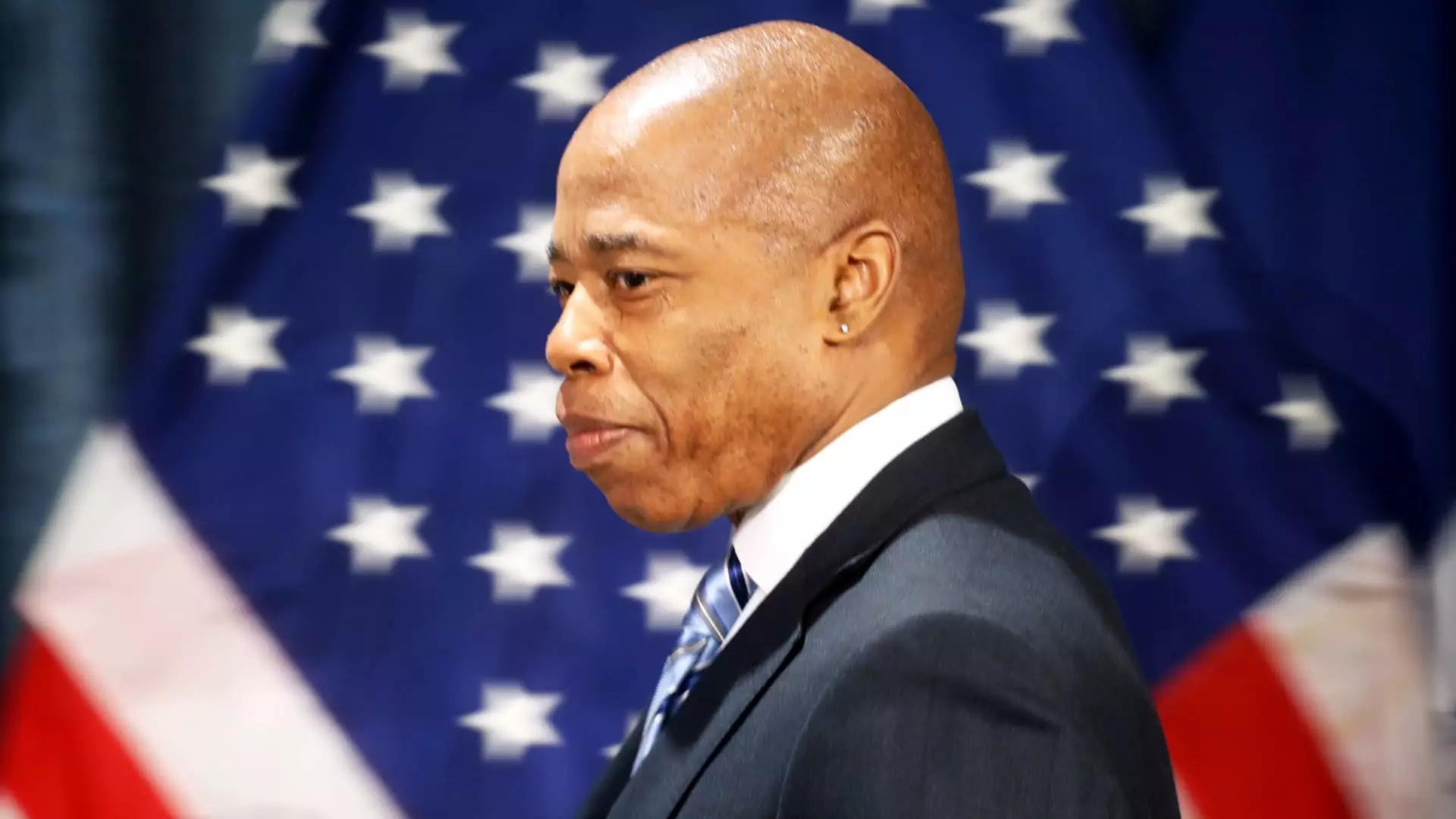The city of New York, led by Mayor Eric Adams, has recently taken a decisive step by filing a lawsuit against major social media platforms. TikTok, Instagram, Facebook, Snapchat, and YouTube all face allegations of causing significant harm to the mental health and well-being of young adults and children. This groundbreaking lawsuit highlights the concerns surrounding the addictive nature of these platforms and their potential impact on the lives of millions.
Uncovering the Lawsuit
The lawsuit, filed in the Los Angeles County branch of the California Superior Court, was brought forth by the city of New York, along with the involvement of the school district and health organizations. Citing the companies’ ties to the area, the lawsuit accuses Meta, Snap, ByteDance, and Google (parent company of YouTube and Alphabet) of purposely creating and promoting platforms that entice and addict young users with limited parental oversight.
The plaintiffs argue that these tech giants have violated numerous city laws related to public nuisance and gross negligence through their design and marketing strategies. They claim that the negative effects on mental health resulting from the use of social media apps have significantly impacted New York’s school districts, as well as various health and social services.
Over the past decade, society has become increasingly aware of the addictiveness and overwhelming nature of the online world. Mayor Eric Adams, in a powerful statement, emphasized the non-stop stream of harmful content that exposes children to detrimental experiences. The city of New York aims to hold these companies accountable for their part in exacerbating the national youth mental health crisis.
This lawsuit marks a turning point in addressing the public health hazards associated with social media. By taking bold action and implementing a comprehensive plan, New York seeks to protect the well-being of its youth and ultimately shape the future of society. The lawsuit and accompanying action plan are part of a larger movement towards safeguarding the mental health of the younger generation.
Unsurprisingly, the implicated companies have responded to the allegations raised against their platforms. A TikTok spokesperson stated that the company focuses on implementing industry-leading safeguards, such as parental controls and age restrictions. TikTok maintains its commitment to working with experts to ensure safety within its community.
Google refuted the claims made against its parent company, stating that it has always prioritized providing young people with safer online experiences and robust parental controls. Google highlights its collaborations with experts in youth, mental health, and parenting to ensure age-appropriate content.
Meta, formerly known as Facebook, asserts that it has dedicated a decade’s worth of effort to address issues related to user safety. The company intends for teens to have safe and age-appropriate experiences online and offers over 30 tools and features to support them and their parents.
Snapchat, on the other hand, argues that it differentiates itself from traditional social media platforms by focusing on facilitating conversations among close friends. Emphasizing the absence of traditional public likes and comments, Snapchat asserts that it prioritizes active engagement rather than passive scrolling.
New York’s lawsuit resonates with similar allegations brought against Meta, Snap, TikTok, and Alphabet in litigation filed last year in the Northern District of California. These lawsuits argue that these companies’ products are inherently defective due to their propensity to maximize screen time, resulting in emotional and physical harm, including death.
Lawmakers have also intensified their scrutiny of social media companies, leading to the drafting of legislation like the Kids Online Safety Act (KOSA). This legislative push reflects the urgent need for increased regulation and accountability within the industry. Meta CEO Mark Zuckerberg, TikTok CEO Shou Zi Chew, and Snap CEO Evan Spiegel faced tough questions during a Senate Judiciary hearing in January, highlighting concerns about their alleged negligence in protecting children.
Moreover, a coalition of over 40 attorneys general filed a joint federal lawsuit against Meta, accusing the company of creating addictive products that harm mental health. These legal battles demonstrate the growing pressure on social media companies to address the detrimental effects of their platforms.
The lawsuit filed by New York City against major social media companies signifies a significant step towards holding these platforms accountable for their impact on mental health. This legal action highlights the concerns surrounding the addictive nature of social media and the detrimental effects it can have, particularly on younger individuals.
As society becomes increasingly aware of the pervasive influence of these platforms, it is crucial that robust measures are implemented to ensure the well-being of users, especially children and young adults. New York’s lawsuit is just one part of a broader reckoning that calls for more responsible practices from social media companies and the development of comprehensive policies to address the mental health crisis affecting youth.


Leave a Reply